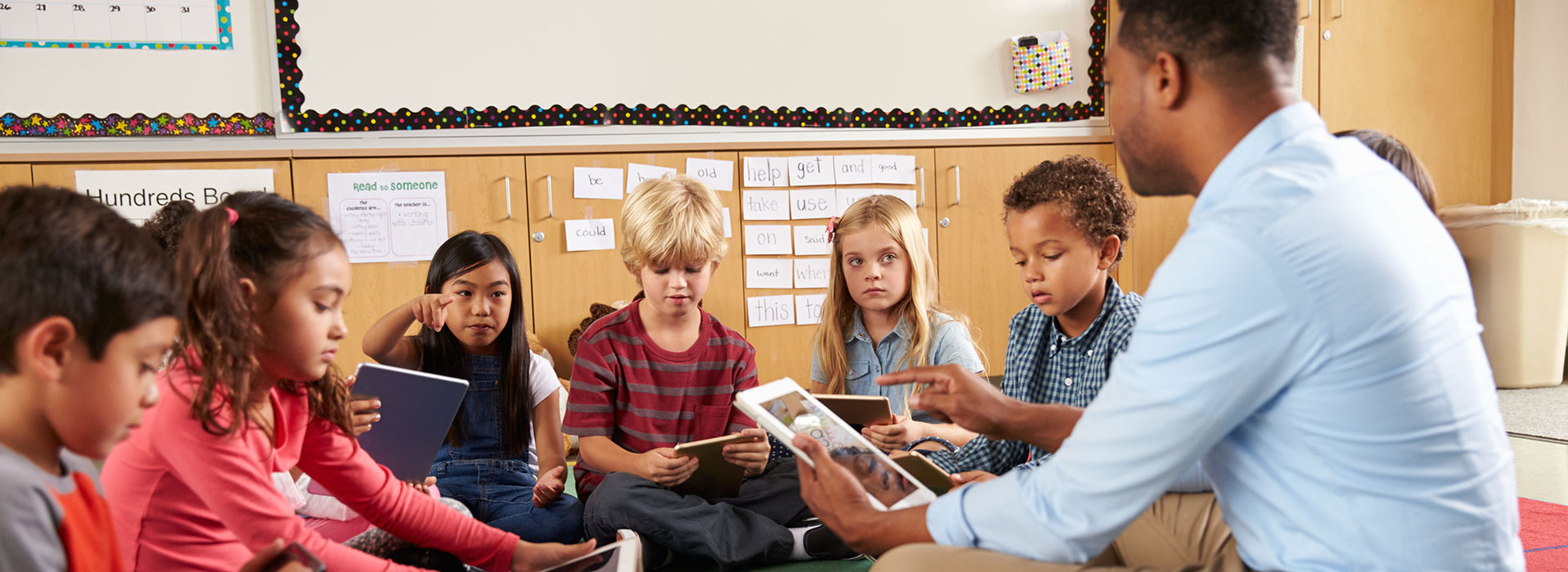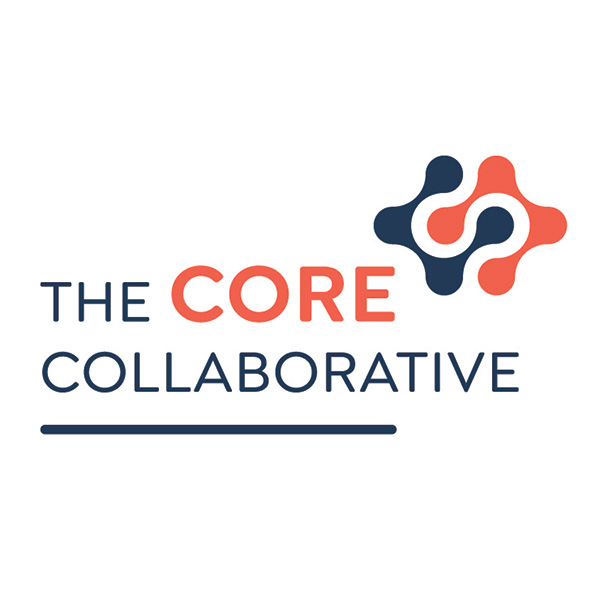The Core Collaborative couldn’t be more excited about our newest, innovative restorative pathway for schools and systems, “Restored and Connected.”
What is “Restored and Connected?”
Restored and Connected is our restorative framework, which is the only systemic approach to creating and sustaining a culture that is rooted in self, healing, and relational literacy. Our comprehensive framework creates an integrated approach between cultural competency, trauma-informed care, and restorative-resiliency practices.
Building the Foundation for Connection
Restored and Connected seeks to build a foundation for connection; a restorative culture that supports meaningful connections between students, families, and staff. Because a strong, connected school community creates a sense of safety and belonging for students, especially during the most unstable times, it is critical for educators to establish trust with them. Restored and Connected examines this relationship across learning environments, and helps participants create a plan for their unique environment.
Connection and Leveraging Relational Capacity
We address the pervasive attitudes and stereotypes that unconsciously and negatively impact our actions and decisions and how effective educators can ground education in how this awareness can promote connection through a culturally responsive community where students, staff, family, and community members feel seen and heard. This approach validates students’ home cultures, building off their strengths and allowing students to be seen as their unique, authentic selves. This helps students feel more connected within the community, and more likely to engage in healing and restorative practices.
Cultural Responsiveness
Restored and Connected instructs educators in how to create and strengthen a classroom culture that is welcoming and safe, empowering students to have their own voice, be a part of their learning experience, and take responsibility for their actions. We explore classroom management through a culturally responsive lens, the social and emotional attributes that support relational literacy at interpersonal, intrapersonal, and collective levels, which is critical to building trust among staff, students, and families.
Social and Emotional Learning; Trauma Informed Teaching; Resiliency
Restored and Connected participants will discuss strategies and practices to mitigate the impact of trauma. Reflective activities will help build an understanding of how trauma shows up in the educational environment and what educators can do to support students. One of the sessions focuses on developing essential strategies and practices to build a resilient educational community.
Restorative Practices
Restorative practices (RP) provides a space to embrace a more connected way of being and responding to others in our community, by approaching discipline and changing student behavior with a human-centered approach to life and work. Effective educators and leaders embrace their own humanity and that of others through reflection, growth, vulnerability, and healing so that a workplace is efficient, effective, and a place where conflict can be resolved and work has a collective focus on community.
Restorative Leadership Coaching
Educational leaders accept the beautiful honor of guiding and leading their communities in providing a high-quality, comprehensive learning experience for our most treasured gifts; our children. The work also carries the weight of responsibility for the safety and well-being of students, staff, parents, and academic outcomes. This already heavy burden has been exacerbated by the impact of the COVID 19 pandemic. Through individualized coaching, leaders will transform both the self and the school community.
Who is This Work For?
This program should be considered by individuals who are involved at every level of education. Some sessions are geared toward more specific groups, but teachers, site and district leaders, instructional coaches, school staff members, counselors, after-school tutors and coordinators, parent organizers, and deans could all benefit from this pathway.
Who are the “Restored and Connected” Contributors?
The authors of our newest pathway have all been principals in the K-12 space with a long history of serving our nation’s most misrepresented families and students. It is vital to our network that equity be at the heart of everything we do as we serve schools globally.
Marisol Quevedo Rerucha is an equity leader, the Chief of Partnerships and Strategy for the National Parents Union and has just released a groundbreaking new book, Beyond the Surface of Restorative Practices: Building a Culture of Equity, Connection and Healing.
Dr. Carolyn Gery is a research affiliate at the Lyda Hill Institute for Human Resilience. She is adept at building and nurturing partnerships to address homelessness, youth disconnection, and access to mental health.
Dr. Ingrid Twyman co-founded the urban teacher residency, the Alumni Teach Project, creating a strategic partnership with Loyola Marymount at the institute of higher education. The mission of the teacher residency is to increase the number of teachers of color by intentionally recruiting and preparing Latino teacher candidates who were alumni from the communities in which they would ultimately serve. She currently coaches and consults nationally.


